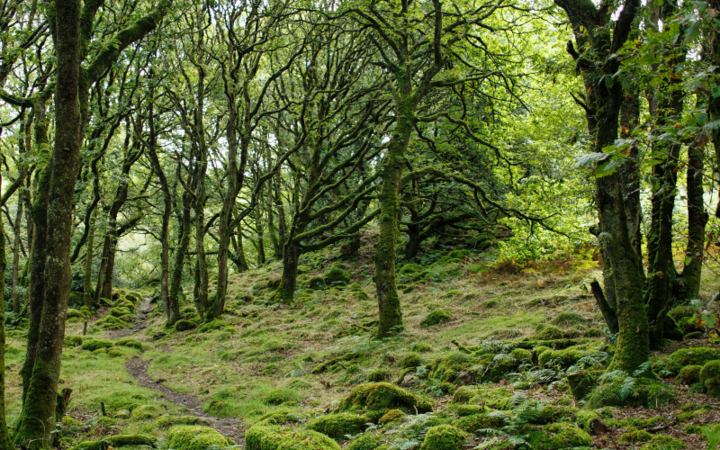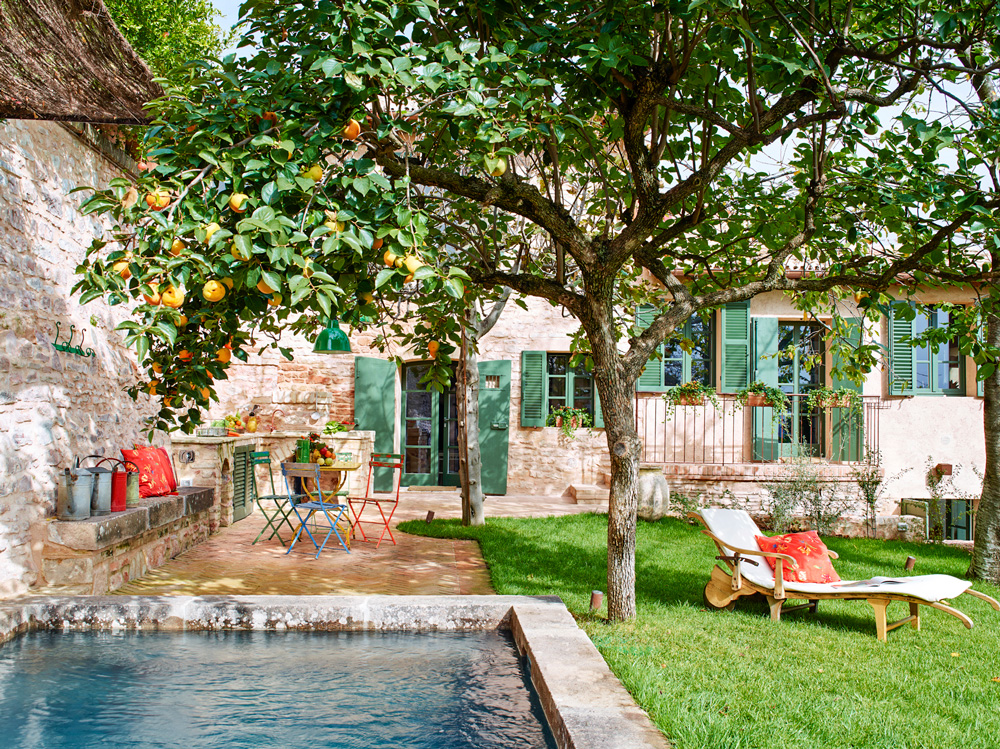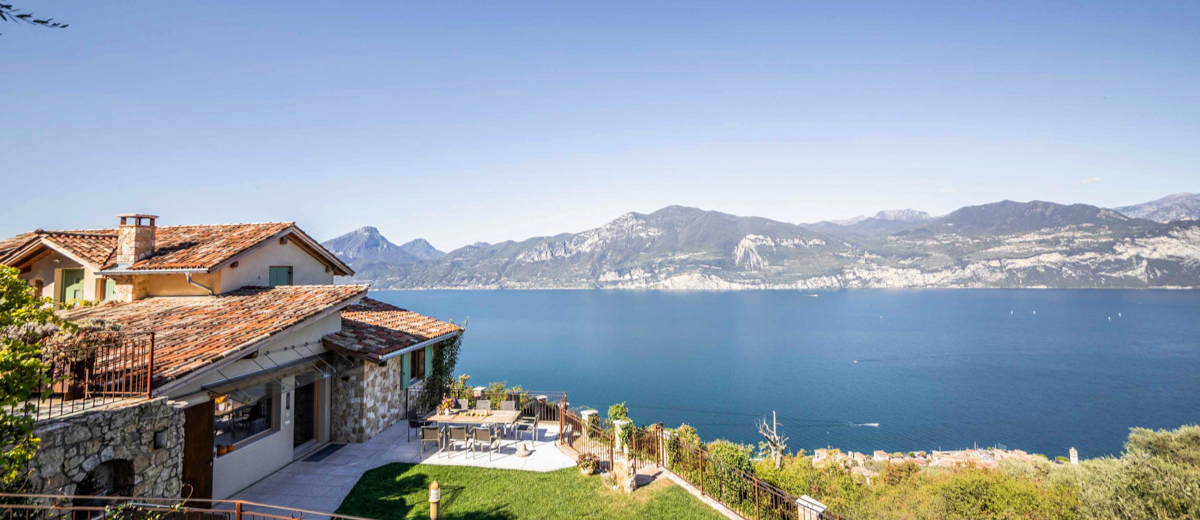There’s no doubt about it – we’re in a climate crisis, and we need to take a stand. The IPCC has stated that we need to reduce carbon emissions by 45% from 2010 levels by 2030, and the Arctic Council has said that the Arctic could be completely ice-free by 2040 if the current global heat trends continue.

How we're taking action
Measure: With the help of sustainable consultancy ecollective, we created a sustainability questionnaire to calculate the estimated carbon emissions for all our properties around the world. This involved applying data from several sources, including DEFRA, IEA & EEA.
After collecting this data, we developed a five-point criteria for properties to be added to our Sustainable Villa Collection. They had to meet at least four of the checklist points, and have a daily carbon footprint score of 5kg or lower, based on full occupancy per bedroom. Successful properties would then benefit from further promotion and visibility.
We hope that this collection acts as an incentive for property owners to reduce their emissions YoY and make more sustainable choices, while encouraging those that have not yet provided data to do so.

Reduce: Our aim is to work to reduce the CO2 output per villa and across the whole business by 10% YoY. We aim to do this through education, recommendations, and affiliate partnerships with companies such as renewable energy providers.
We also promote train travel as a more sustainable way of travelling to some of our destinations, aiming to reduce the emissions that we don’t have direct control over. As time goes on, we’d like to look at other rewilding conservation projects and revenue donation schemes.
Commitments: We will be surveying villa owners twice per year on their carbon emissions to accurately measure any changes, including this data as part of our listing process when we add new properties to our portfolio. We’re dedicated to keeping the climate crisis at the forefront of everyone’s minds with regular email communications, as well as educational content on a newly-developed ‘owners hub’ plus our blog/website/social content for customers.
In terms of our portfolio, we will be adding more product within the UK and France to help us encourage greener modes of transport. All of these commitments will help us on our goal to becoming a zero carbon-producing business.
In office: Our office block already used a renewable energy provider, zero landfill waste company, and cycle to work scheme. However, we've now introduced office green ground rules and remote working options while continuously brainstorming new ideas.
By no means do we profess to be experts in the world of sustainable travel, but we look forward to learning more from our peers who have also signed up to Tourism Declares, sharing knowledge, helping to fight this climate crisis together, and encouraging others to do the same.




















